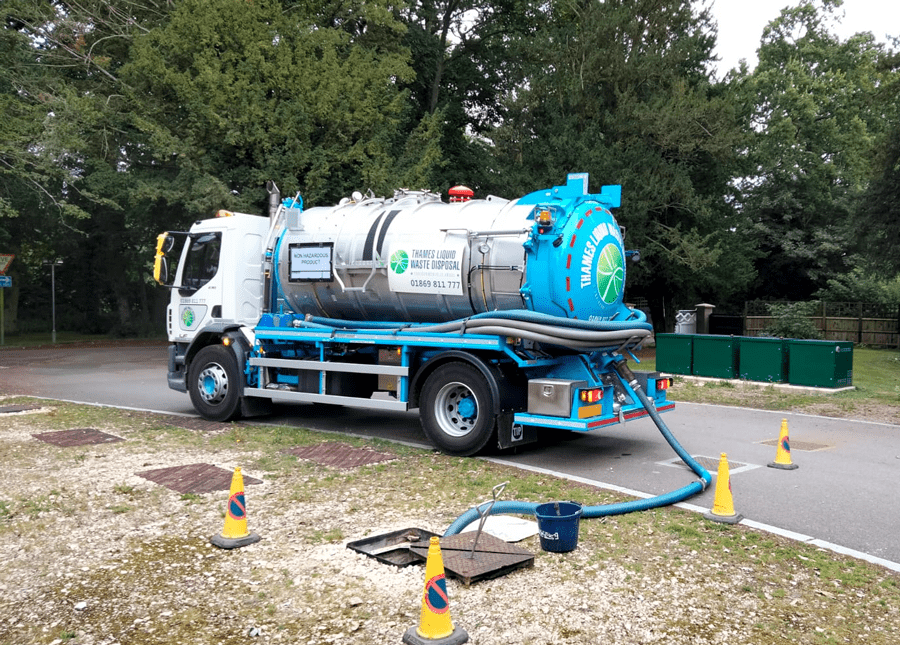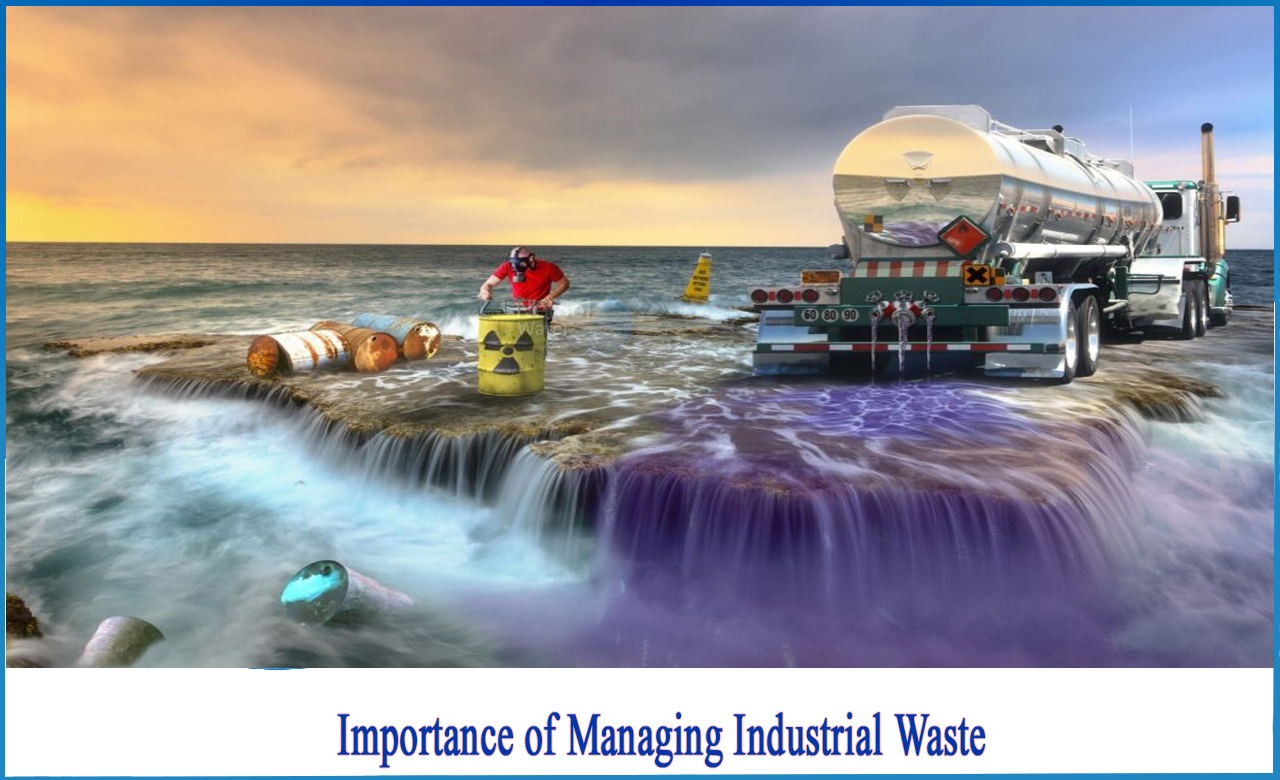Some Ideas on Reclaim Waste You Should Know
Some Ideas on Reclaim Waste You Should Know
Blog Article
Reclaim Waste Fundamentals Explained
Table of ContentsRumored Buzz on Reclaim WasteReclaim Waste - The FactsReclaim Waste for DummiesHow Reclaim Waste can Save You Time, Stress, and Money.Reclaim Waste for Dummies
Domestic sewer waste refers to the waste and items from a property septic storage tank. The correct monitoring and disposal of domestic sewage waste need fluid waste to be transferred to a sewage therapy plant where the correct approaches and tools are used to detoxify and dispose of waste.
Business waste typically includes prospective threats, such as combustible materials or a blend of liquid and strong waste products, and requires an advanced and in-depth disposal process. The disposal of industrial waste normally involves the filtration of waste before transport to make sure secure and appropriate disposal. Hazardous waste is produced from byproducts and overflow of industrial procedures and manufacturing.
This kind of waste can not use the same sewage administration transport or processes as septic or business fluids. The commercial waste administration procedure calls for the inspection and testing of liquid waste before it undergoes the disposal process (liquid waste disposal melbourne). Overflow waste is the liquid waste that originates from drainage and excess stormwater in highly booming areas or cities
Overflow waste can create contamination and flooding otherwise handled effectively. Find out more regarding drain cleansing and waste management. Making sure correct waste management can prevent calamities and reduce environmental injury. Both individuals in residential settings and professionals in business or production industries can benefit from understanding the procedures and laws of liquid waste administration.
The smart Trick of Reclaim Waste That Nobody is Discussing
Call PROS Providers today to discover our waste administration and disposal solutions and the appropriate means to take care of the liquid waste you create.
(https://www.storeboard.com/reclaimwaste2)Do you recognize what happens to your water when you end, flush the commode or drain pipes the washing device? No? Well, it deserves knowing. This so-called 'wastewater' is not just a crucial source however, after therapy, will be released to our land, waterways or the ocean. Made use of water from bathrooms, showers, baths, kitchen sinks, washings and industrial processes is understood as wastewater.

water used to cool down equipment or tidy plant and tools). Stormwater, a form of wastewater, is runoff that flows from farming and city areas such as roofings, parks, gardens, roads, courses and gutters into stormwater drains, after rain. Stormwater moves without treatment straight to regional creeks or rivers, eventually getting to the ocean.
The Buzz on Reclaim Waste
In Queensland, many wastewater is dealt with at sewage treatment plants. Wastewater is delivered from residential or commercial sites with a system of drains and pump stations, understood as sewage reticulation, to a sewage treatment plant.
The Division of Natural Resources advises neighborhood federal governments concerning handling, operating and keeping sewerage systems and treatment plants. In unsewered areas, city governments might need owners to install specific or household sewage treatment systems to deal with residential wastewater from toilets, kitchen areas, shower rooms and laundries. The Department of Natural Resources authorizes the usage of family systems when they are shown to be reliable.
A lot of stormwater receives no treatment. In some new subdivisions, treatment of some stormwater to eliminate trash, sand and crushed rock has begun making use of gross pollutant traps. Wastewater treatment takes place in four phases: Removes solid matter. Bigger solids, such as plastics and other things incorrectly released to sewage systems, are eliminated when wastewater is gone through screens.
Utilizes tiny living microorganisms understands as micro-organisms to break down and eliminate remaining dissolved wastes and fine fragments. Micro-organisms and wastes are included in the sludge.
Rumored Buzz on Reclaim Waste
Nutrient removal is not offered at all sewer therapy plants since it requires expensive specialist devices. Clear liquid effluent produced after treatment may still contain disease-causing micro-organisms - liquid waste disposal.

Most wastewater streams right into the sewerage system. Under the Act, local federal governments carry out authorizations and licences for eco relevant tasks (Ages) including wastewater releases that could have a regional impact.
Reclaim Waste - An Overview
Surveillance provides factual information concerning water quality and can verify that permit problems are being satisfied. The details acquired through surveillance supplies the basis for making water top quality decisions.
Report this page